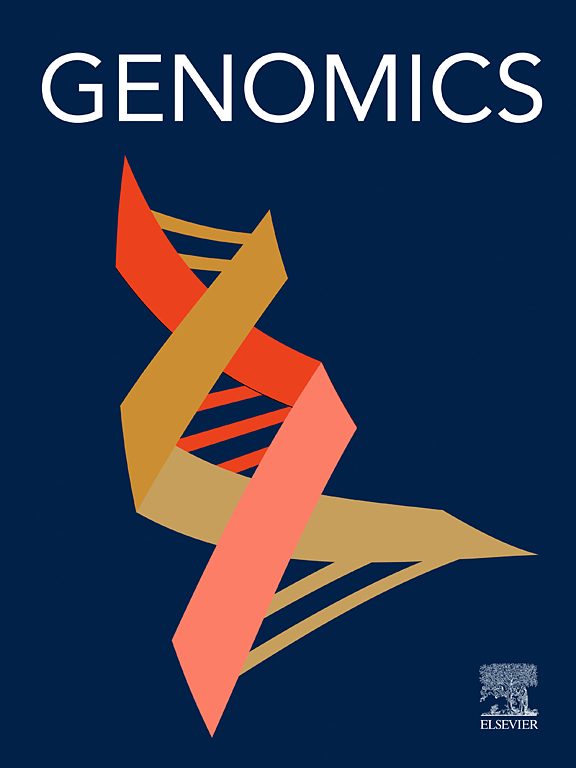Transcriptome analysis reveals that the injection of mesenchymal stem cells remodels extracellular matrix and complement components of the brain through PI3K/AKT/FOXO1 signaling pathway in a neuroinflammation mouse model
IF 3
2区 生物学
Q2 BIOTECHNOLOGY & APPLIED MICROBIOLOGY
引用次数: 0
Abstract
Neurological disorders are often accompanied by neuroinflammatory responses. Our previous research indicated that mesenchymal stem cells (MSCs) suppressed neuroinflammation in the brain. The mechanism of action remains not fully understood. In this study, we analyzed the impact of injected MSCs on the transcriptome in the brains of neuroinflammatory mouse model (NIM) with bioinformatical methods and conducted experimental validation with qPCR and Western blot. The results showed that the expression of extracellular matrix components changed, and the complement cascade was activated in the NIM brains. Injection of MSCs reversed the expression of ECM components and inhibited complement activation. MSCs may promote the improvement of neuronal synaptic function and alter the infiltration of immune cells into the brain. MSCs regulated the PI3K/AKT/Foxo1 signaling pathway. These findings will be very helpful for the development of MSCs-based therapy and the treatment of neuroinflammation-related diseases.

转录组分析显示,在神经炎症小鼠模型中,注射间充质干细胞通过PI3K/AKT/FOXO1信号通路重塑细胞外基质和补体成分
神经系统疾病常伴有神经炎症反应。我们之前的研究表明,间充质干细胞(MSCs)抑制大脑中的神经炎症。其作用机制尚不完全清楚。本研究采用生物信息学方法分析注射MSCs对神经炎性小鼠模型(NIM)脑组织转录组的影响,并采用qPCR和Western blot进行实验验证。结果表明,NIM脑细胞外基质组分表达发生变化,补体级联反应被激活。注射MSCs可逆转ECM组分的表达,抑制补体活化。间充质干细胞可能促进神经元突触功能的改善,改变免疫细胞向大脑的浸润。MSCs调节PI3K/AKT/Foxo1信号通路。这些发现将对以mscs为基础的治疗方法的发展和神经炎症相关疾病的治疗有很大的帮助。
本文章由计算机程序翻译,如有差异,请以英文原文为准。
求助全文
约1分钟内获得全文
求助全文
来源期刊

Genomics
生物-生物工程与应用微生物
CiteScore
9.60
自引率
2.30%
发文量
260
审稿时长
60 days
期刊介绍:
Genomics is a forum for describing the development of genome-scale technologies and their application to all areas of biological investigation.
As a journal that has evolved with the field that carries its name, Genomics focuses on the development and application of cutting-edge methods, addressing fundamental questions with potential interest to a wide audience. Our aim is to publish the highest quality research and to provide authors with rapid, fair and accurate review and publication of manuscripts falling within our scope.
 求助内容:
求助内容: 应助结果提醒方式:
应助结果提醒方式:


